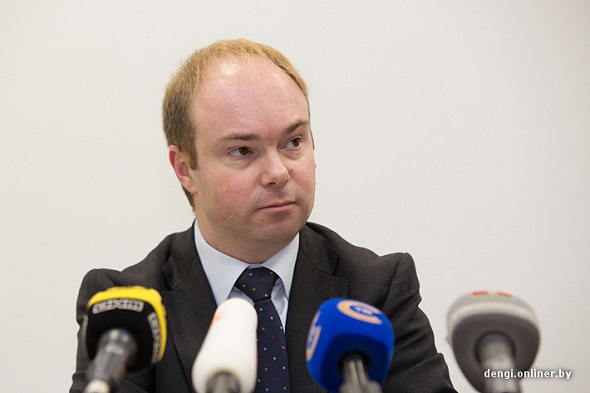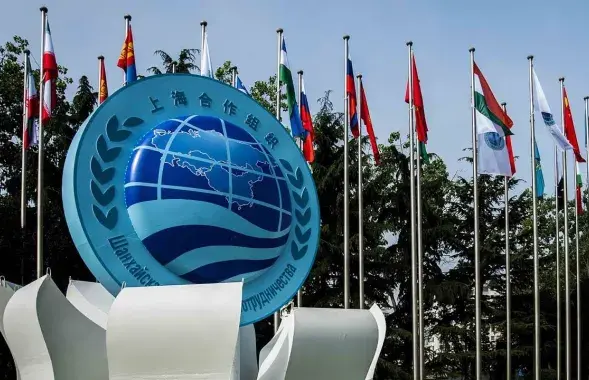IMF forecasts for Belarus vs reality
Euroradio compared short-term forecasts of the IMF with the outcome.
The IMF mission worked in Belarus on March 5-16. Its head, David Hoffman, said that if the authorities do not carry out deep structural reforms, in the midterm the Belarusian economy will have a decline.
IMF mission has been working with Belarus for more than a decade. Euroradio decided to track how true were the Fund's predictions on various indicators.

2010
IMF forecast:
GDP growth rate - 7.6%, inflation - 8%.
Reality:
GDP growth rate - 7.7%, inflation - 7.8%.
2012
IMF forecast:
GDP growth rate -1.2%, inflation - 35%, external debt as% of GDP - 72.5%.
Reality:
GDP growth rate - 1.7%, inflation - 59.2%, external debt as% of GDP - 62.3%.
2013
IMF forecast:
GDP growth rate - 3.4%, inflation - 30.6%
Reality:
GDP growth rate - 1.0%, inflation - 18.3%
2014
IMF forecast:
GDP growth rate - 2.6%, inflation - 15.5%, external debt as% of GDP - 72.5%.
Reality:
GDP growth rate - 1.6%, inflation - 18.1%, external debt as% of GDP - 54.4%.
* According to the National Statistics Committee and sites imf.org, businessforecast.by
The fact that the IMF forecasts sometimes do not turn into real data, an economist Anton Boutachka believes has to do with the issue forecasting and macroeconomic modeling, which still has some limitations.
"But in the case of Belarus there is such a factor as the fusion of politics and economics. For example, here gross domestic product should go down, in accordance with all macroeconomic models. But there is a certain decree to keep it up. And the GDP goes into a "green zone", or breaks even."
The economic expert notes that the IMF has a certain matrix of reforms imposed on any country with specific problems in the economy, but often the reality does not simply allow to fulfill them.
"If the IMF suggested certain measures for Belarus, we did not adhere to them, because it was not consistent with the indicators given by our governing bodies to build a socially oriented market economy."
However, the economist says that some of the recommendations nevertheless helped the Belarusian leadership in times of crisis. For example, in early 2009, a "quiet devaluation" was conducted. Then it made possible to stabilize the balance of payments, but only because the proposed measures were adopted only in part, the effect was quickly exhausted.
"But very often there simply was no political will to adjust the measures and reforms of the IMF to our economic realities. After all, we have a different system of economic management. A centralized one. And they are pushing us towards a market economy."
Economist Vadzim Iosub on the contrary notes that there is nothing impossible in the recommendations of the IMF. Technically, it is possible to create a floating exchange rate, free pricing, a tight monetary policy, and even freeze people's incomes.
"The only question is whether the authorities desire to implement these recommendations."
Photo: onistrat.net, people.onliner.by
















